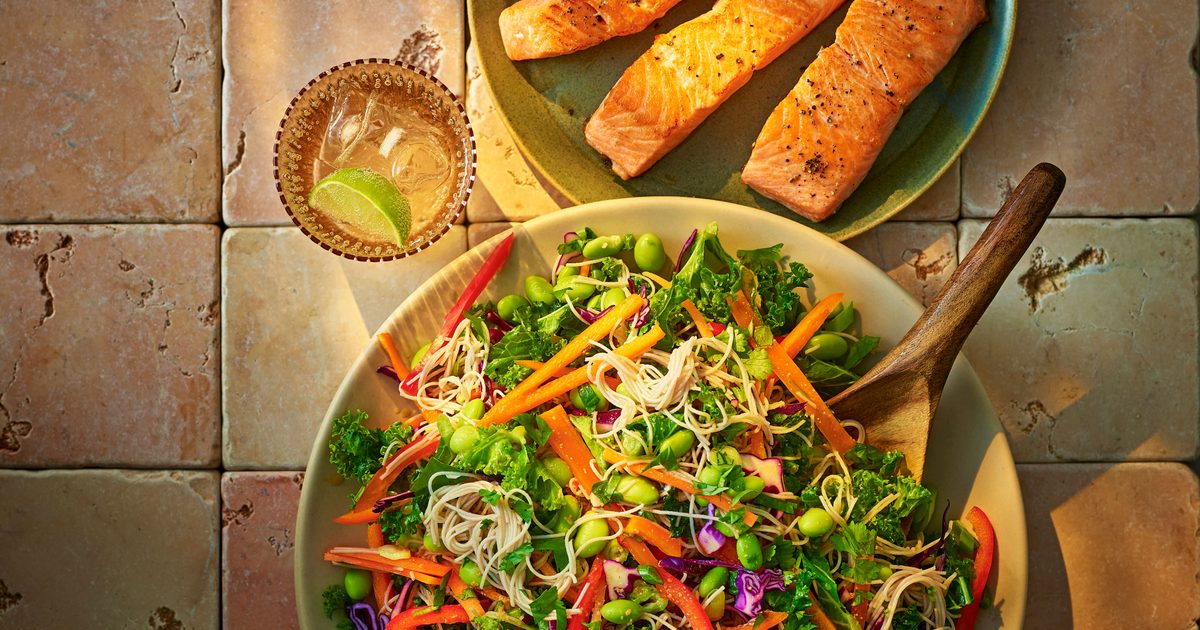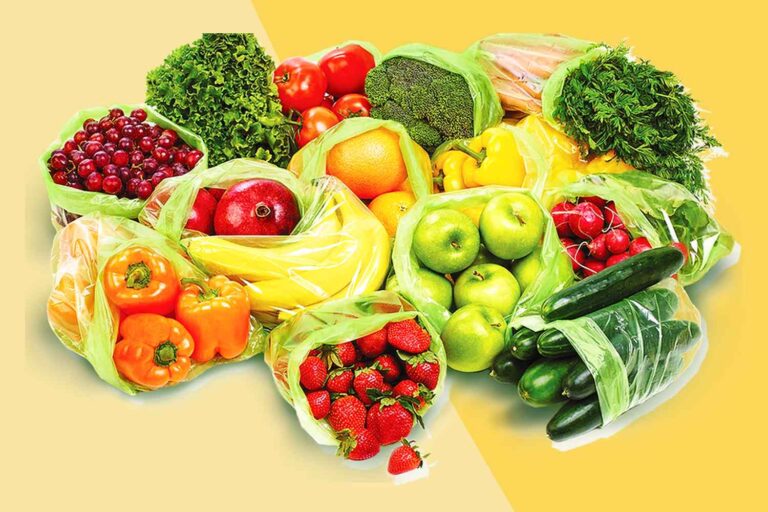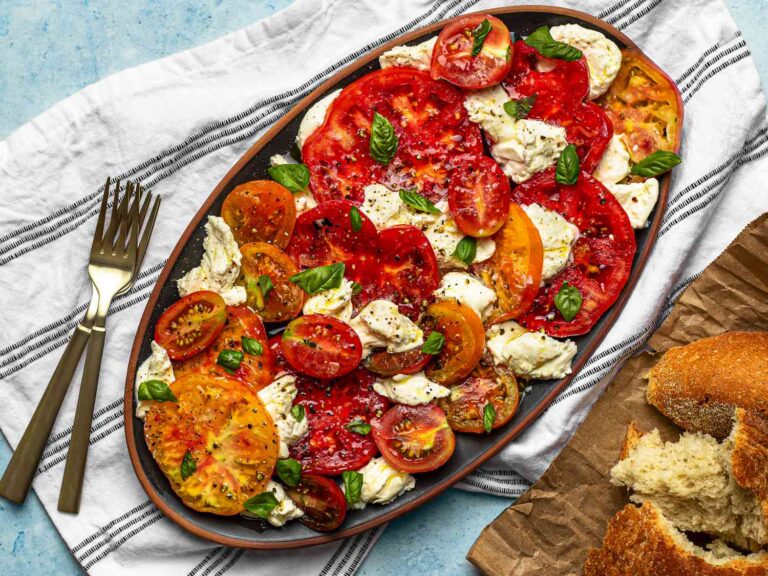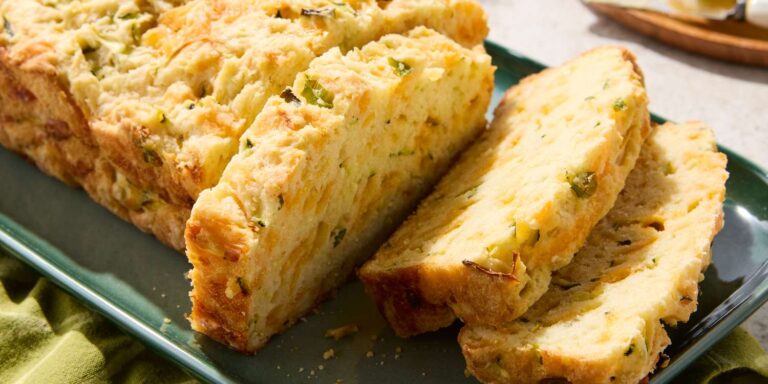What to eat when you try to receive
Berries
Blueberries, raspberries and strawberries are rich in antioxidants such as vitamin C and anthocyans. These connections protect reproductive cells from oxidative stress, a process in which unstable molecules that damage free radical cells, including eggs and sperm. Frozen berries are as good as fresh, available all year round and often much cheaper.
Greasy fish, nuts and seeds
Salmon, mackerel and sardines as well as almonds, walnuts, flax seeds and chia seeds are good sources for omega-3 fatty acids and zinc. Omega-3S help to reduce inflammation and to promote healthy blood flow for the reproductive organs. They also support the development of a healthy baby by supporting them in developing the brain and eye help. In addition, nuts and seeds offer essential nutrients such as zinc and selenium that are important for the quality and ovulation of sperm.
Whole grain
Quinoa, brown rice and oats are high in fiber, B vitamins and iron. They help stabilize the blood sugar level, to support the hormone balance and regular ovulation. First try simple switches to brown rice and whole grain pasta and slowly add a greater variety of whole grains.
To limit food
Ultra-processed food
Can often be high in trans fats and sophisticated sugar, which has a negative impact on hormone regulation and ovulation. Try to cook as far as possible from scratch.
Reduce caffeine and avoid alcohol
NHS guidelines indicate that the caffeine limit less than 200 mg per day -that is about two cups of coffee immediately -but do not forget that there are caffeine in cola, energy drinks and chocolate. Try switching to a caffeine -free version and avoiding alcohol if you try to get pregnant.
Unpasteurized dairy products
Like soft cheese or not pasteurized milk, it should be avoided because they can contain a harmful bacteria called Listeria. This can indicate an infection that is called listeriosis and can lead to miscarriage or birth. Always read labels and choose pasteurized dairy products.
What else can I do?
Folic acid or folic acid
Folic acid or folic acid is particularly important for women who try to prevent nerve tube defects in the fetus like Spina Bifida. It is difficult to obtain the required amount of folic acid that you need solely through your diet, so the NHS recommends 400 mcg folic acid every day if it tries to detect pregnancy and up to 12 weeks. This dose can be higher if you have other diseases.
Stop smoking
It has been shown that smoking in studies is associated with reduced seed quality and reduced fertility in women. The NHS offers free help and support to quit smoking.
Reduce stress
Studies show that high stress levels can cause menstrual discretion and fertility problems. Try to practice meditation or mindfulness exercises every day.
Find out more about healthy eating …
What can I eat with pregnant?
How much protein do I need?
Electrolyte: What are you and do I have to fill them up again?
Nutritionists share their most popular ingredients for healthy budgets
What are the types of sugar?
Chintal is a longstanding GP for the NHS as well as a creator, cookbook author and our regular employee. She has a passion for nutritional and lifestyle medicine and wants to help people approach cooking and eating in a way that supports general well-being. @Drchintalskitchen







